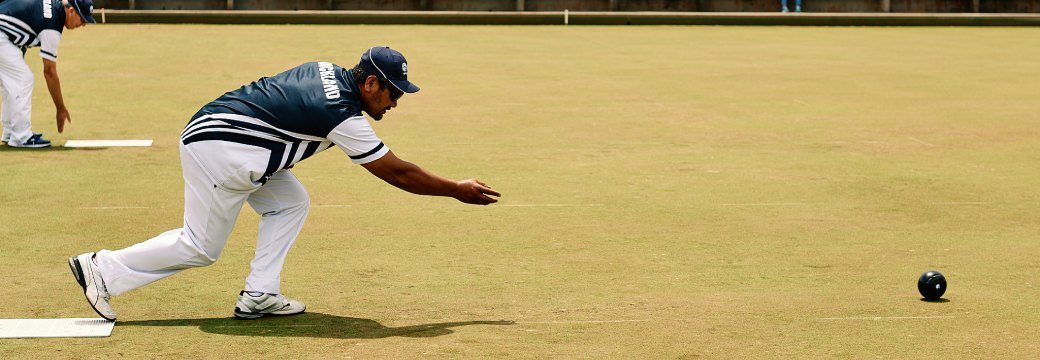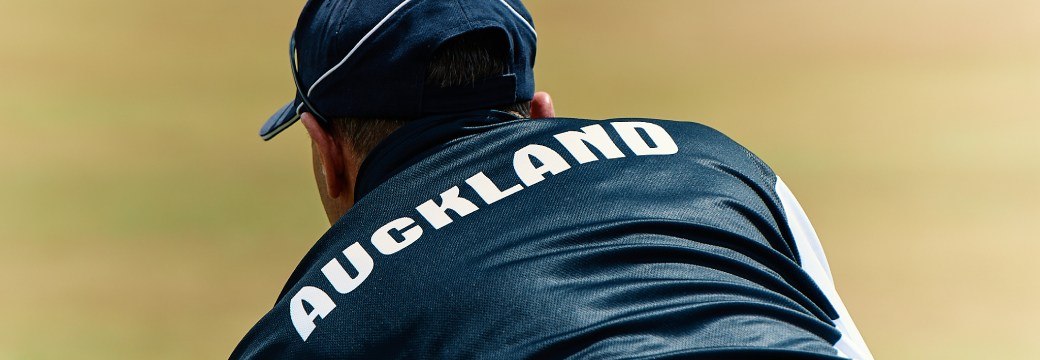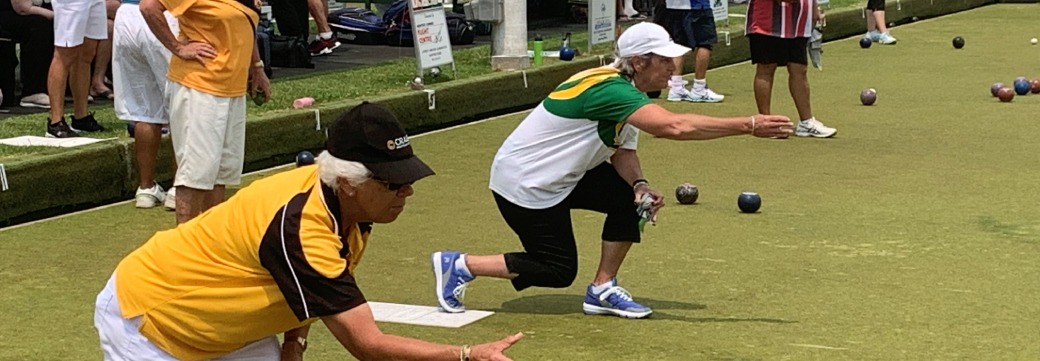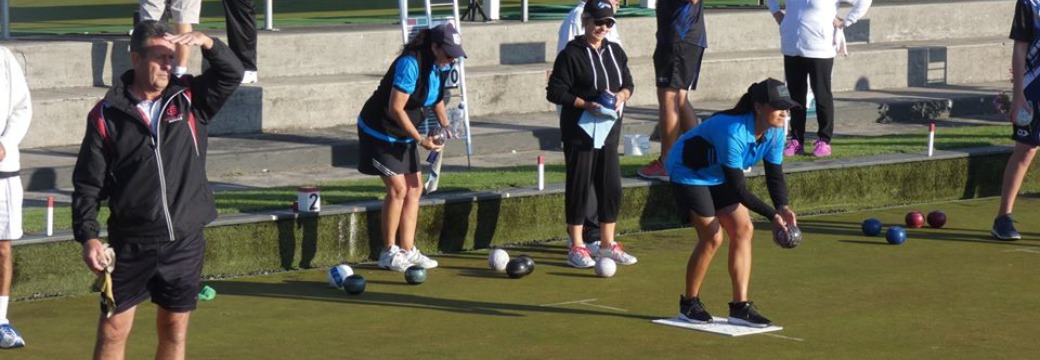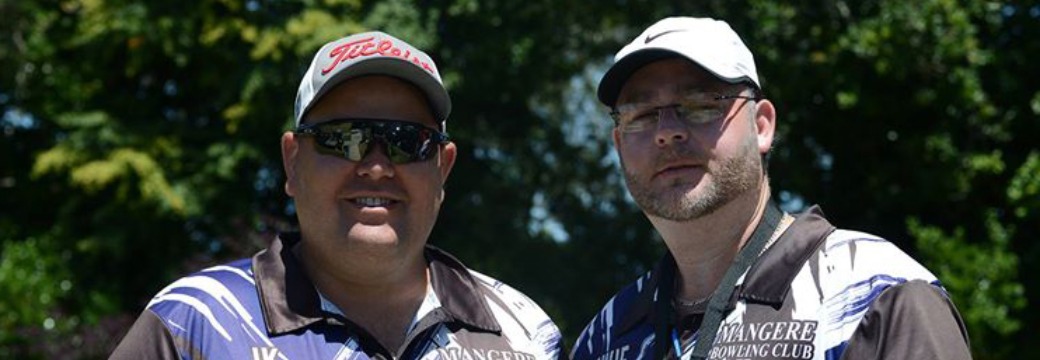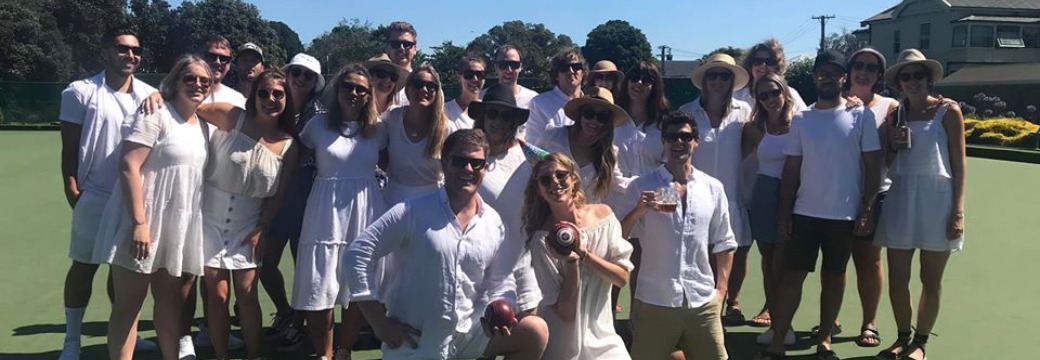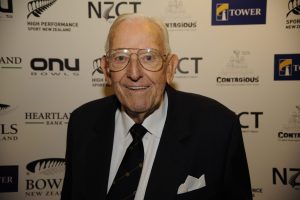
One of bowls most influential people in the game, Ian Birch OBE, passed away in Auckland this morning at the age of 91.
If you talk about ‘eras’ in bowls: the era of expansion of the traditional game from 1950 to 1975; the era of diversification of the game from 1975 to 2000; and the era of modernisation of the game from 2000 to today, then Ian Birch was right in the thick of that second era … when the game was taken by the scruff of the neck, sometimes kicking and screaming, from a period when the silent generation craved post-war order and stability to a time when baby boomers demanded and expected change.
Ian Birch (or ‘Birchy’ as his mates called him) knew that for the game of bowls to survive when it was no longer acceptable for mum to stay at home with the kids while dad played bowls; when it was no longer acceptable for New Zealand to be closed over the weekend; when it was no longer acceptable for bowls to believe it was the only leisure game in town; when it was no longer acceptable for sport to be amateur only; and when it was no longer acceptable for the bowls community to behave like a secret society of druids, then the game had to change.
It did change. And Ian Birch can take a lot of credit for that.
“I first came across Birchy at the Nationals at Onehunga in 1976,” says long-time friend Gary Fleming. “He was commentating out of the Rothmans Caravan for ‘Sports Round-Up’. He was one of those great voices for radio with his distinctive call sign ‘this is Ian Birch … at the bowls’. And as radio phased out and television phased in, he went on to often share the bowls commentary spot with Doug Armstrong at the likes of the World Champs at Henderson and the Comm Games in Auckland.”
“Commentating was his job,” recalls Gary. “But he also ran Ian Birch Real Estate in Mt Eden. He was an Mt Eden boy through and through. He started at St Peter’s School in Mountain Road just after it opened. It’s where he became life-long friends with the legendary racehorse trainer, and in later years bowler, Colin Jillings.”
“He was a ‘smooth’ talker … not in a bad way … he just had a lovely voice. It helped him in radio and real estate. I think he was originally in pharmaceuticals … his voice must have helped him get in the door to see doctors as well!”
Long-time Auckland bowls colleague, fellow bowls commentator, and mate Kevin Hickland describes Ian Birch as one of the ‘legends of the sport.’
“He was the bloke who introduced ‘money bowls’ here in New Zealand,” says Kevin. “It’s hard to imagine now, but back in the ’80s and even the early ’90s, professionalism in sports was still very much frowned upon. Paying people to play sport was tut-tutted. And certainly, people playing gentlemen’s games like rugby, cricket, bowls, and athletics weren’t expected to sully themselves by accepting money!”
“Birchy changed that. With the backing of Countrywide, he introduced paid invitational tournaments into New Zealand, showcasing the best of the best from overseas against local stars like Peter Belliss. Even I was a beneficiary of a bit of money in the sport in the early days!” smiles Kevin.
It was a big deal in the bowls community. And in fact, the wider sports community.
“I remember when Birchy brought over the England Lawn Bowls Test Team for a showcase tournament in New Zealand,” says Gary. “They weren’t no slouches … it was David Bryant (perhaps the best ever bowler in the world), Julian Haines, Andy Thomson and Pip Branfield. I think it was 1983. It was radical stuff. Heck, it would even be quite radical stuff today.”
“What’s more, the England team loved Birchy too. They ended up asking him to be their manager when they continued their tour across the Tasman at Tweed Heads.”
“The England tour wasn’t a one-off. Birchy brought out Scotland in 1984, Ireland in 1985, and England again in 1986. Each time they played in an invitation-only event for 32 bowlers at his own club, Epsom. It was called the Epsom 5000. They would be playing in coloured clothing and playing with coloured bowls … at a time when clothing only came in white and bowls only came in black or brown.”
“At about this time he became great mates with David Harrison, the Tournament Director of ‘Pot Black’, who was responsible for bringing money into the sport of snooker. Birchy saw no reason why lawn bowls couldn’t do the same.”
“He wasn’t scared of thinking big.”
And it was that big thinking that put Ian Birch into the top echelons of lawn bowls … at club level, at centre level, at a national level and at international level.
“I believe he joined Epsom about 1966,” says Kevin, “And he became one of many great administrators that went through that club. He was a member of the Club Executive from 1969, Club President from 1973, Club Delegate to the Centre from 1974, and later became a Life Member of the club in 1987, Chair of the Club Board in 1997 and Chair of the Centennial Committee in 2005.”
“However, it was at centre level where I had a lot of contact with Birchy. I don’t think he was ever on the board of Bowls Auckland, but he was on the executive of the Auckland Bowling Association from about 1974. He was also an Auckland Bowls Selector from 1977, and he became the first ever Patron of Auckland Bowls in 1994.”
“But Birchy wasn’t happy just being a mover and shaker at centre level. In 1979 he also became a Councillor of the New Zealand Bowling Association, Promotions Director of the Association from 1981, and President from 1989 … all while he was commentating bowls on radio and TV.”
“He became a member of the World Bowls Executive in 1985 and became Chair of the Marketing Committee. In 1987 he became an Executive Delegate to the World Indoor Bowls Council … not the little indoor bowls, but the indoor-outdoor bowls played at the Dunedin Indoor Stadium or at Naenae.”
“In 1992 he became President of the World Indoor Bowls Council, and when he had done his term, became a Life Member of the World Indoor Bowls Council in 1993.”
“There wouldn’t be many people who have a better administrative record in bowls than Birchy,” says Kevin. “In fact, I doubt if any. It’s not surprising he got an OBE for his services to bowls. About 1994 I believe.”
But it may be one of his more informal roles that Ian Birch is most remembered for.
“Birchy was one of the foundation members of the Sh*t Stirrers Club,” laughs Gary. “There was a group of blokes who enjoyed elevensies at the Nationals at Onehunga in 1976. So Ian Macrae suggested they form a club. It had 15 members at the start. And whenever they got together they had to produce their membership cards … otherwise, they had to shout!”
“It’s still going today. It’s an invitation-only club. There’s over 50 members in New Zealand, 30 or so in Australia and a dozen or so in the UK. When Grant Hearn of Taylor Bowls got wind of it, he even donated bright yellow shirts for all the members!”
“Except, Birchy. He got a special red one … he’s the only ever Life Member of the club.”
Gary had been seeing Ian Birch two or three times a week, for the last 25 years, right up to when he moved north to One Tree Point on Whangarei Harbour a year ago.
“I still talked to him every week on the phone,” says Gary. “A few of us had a racing syndicate. And although Birchy wasn’t in the syndicate, he always wanted to know what was going on.”
“I talked to him on the phone a few days ago while he was in hospital. He told me he wasn’t good. And I knew he wasn’t good because he also told me he wasn’t feeling talkative, but he just wanted to thank me for his friendship.”
“He was a great guy. I’ll miss him dearly. Condolences to all his family and many friends. RIP, Birchy.”
Written by Rob Davis

